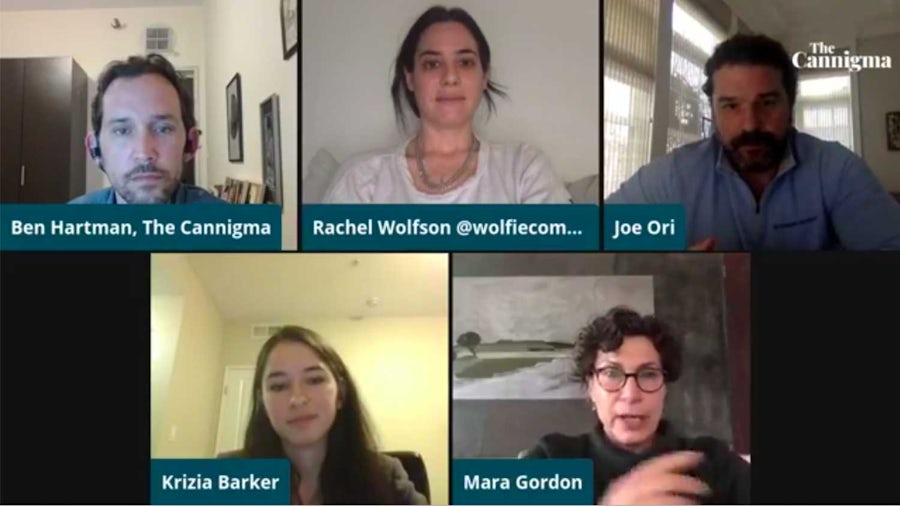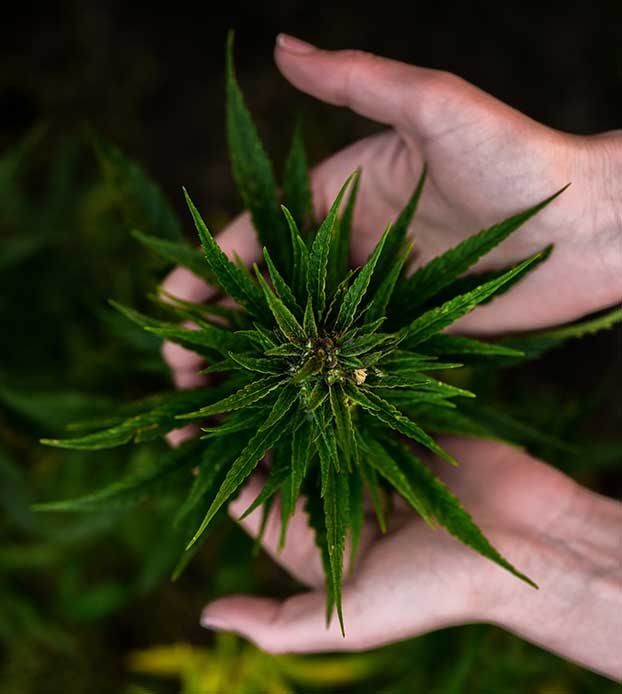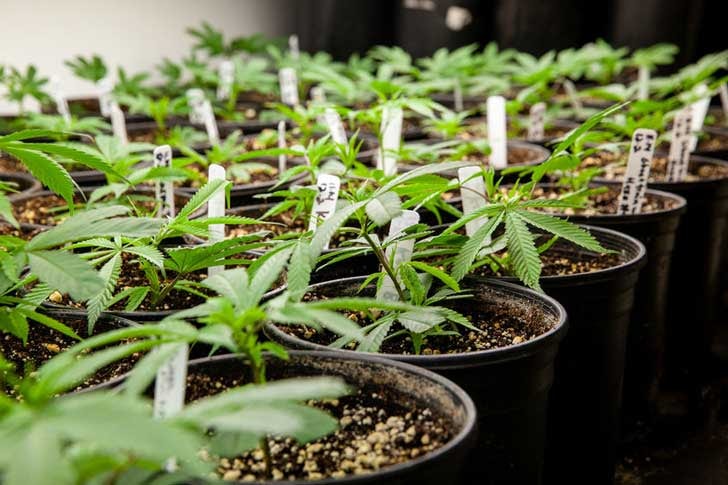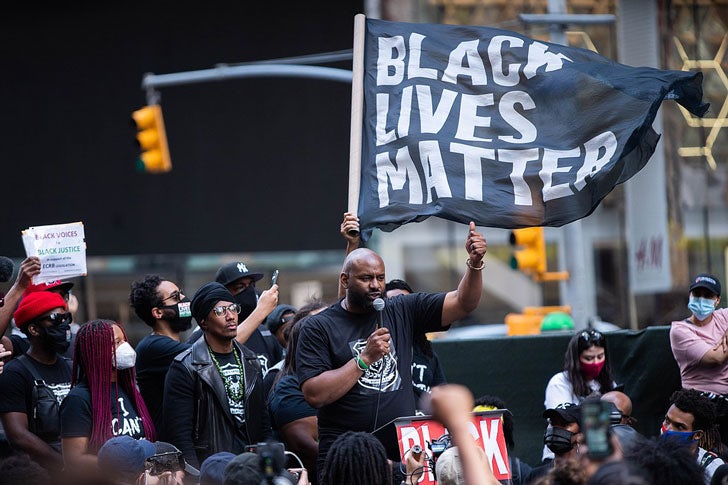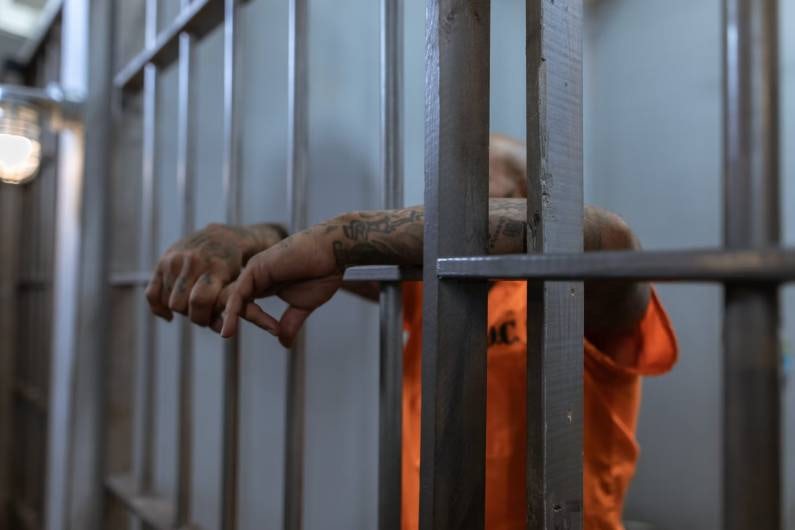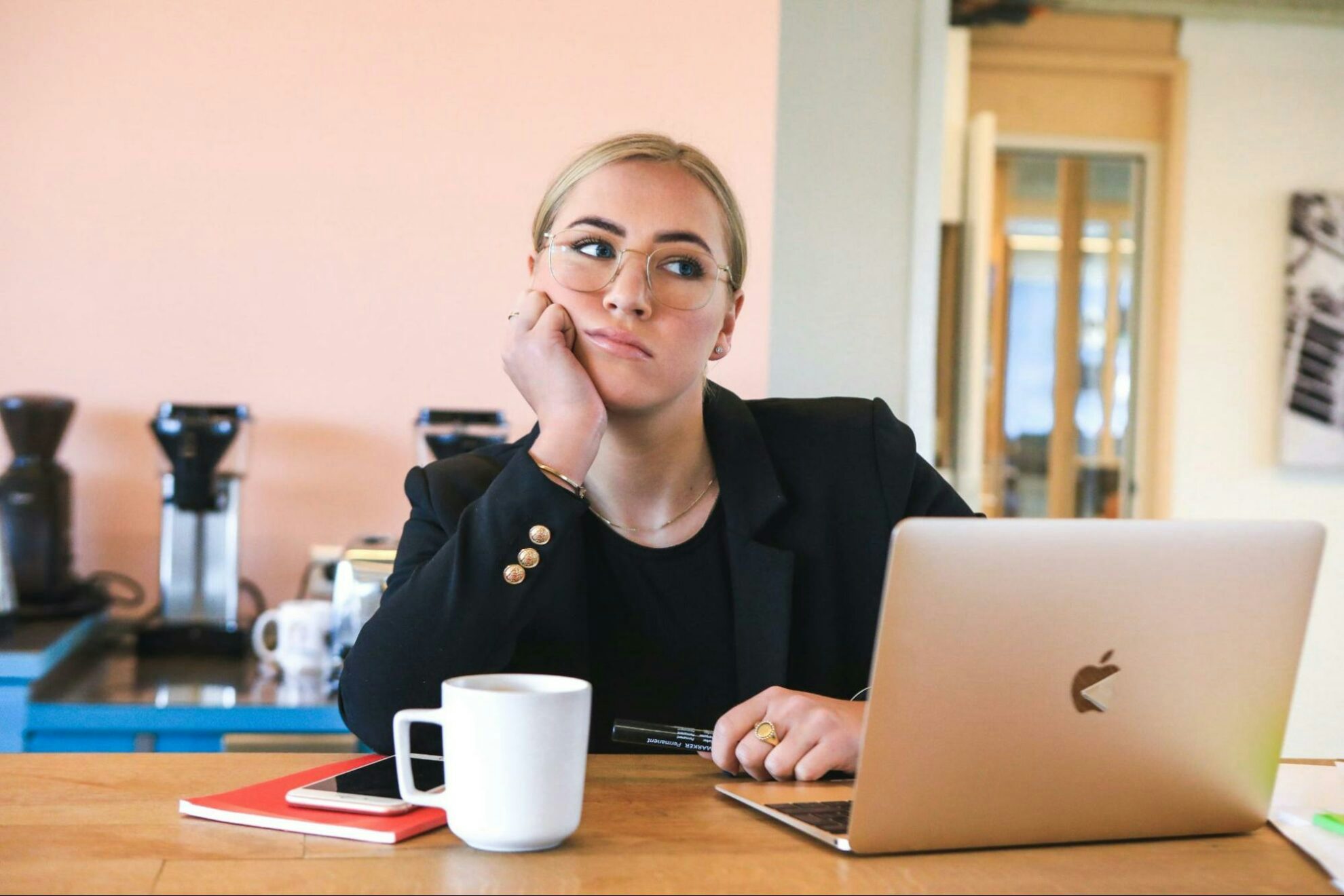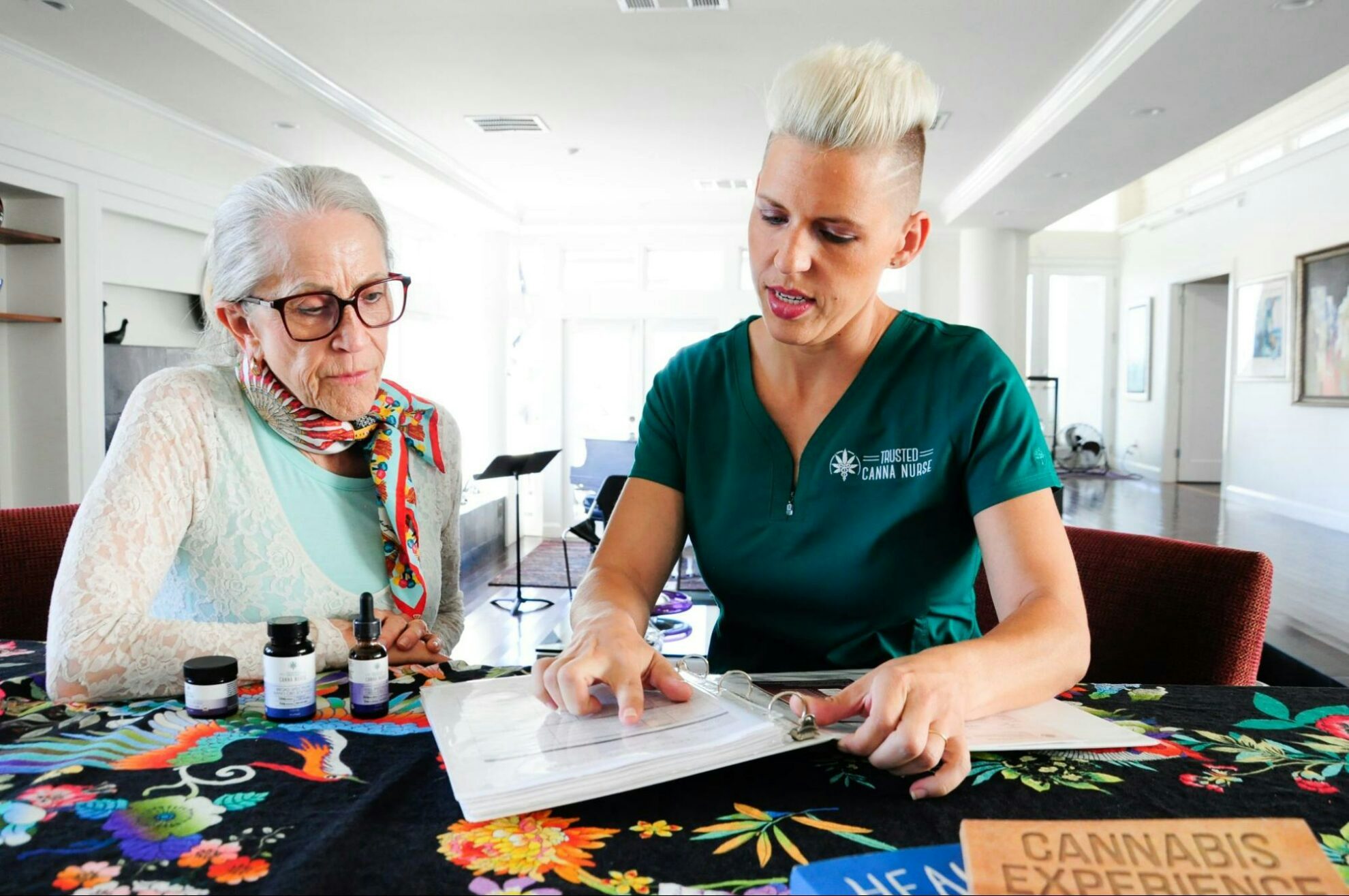If your friendly neighborhood budtender still doesn’t know all there is to know about cannabis, then it’s easy to understand why the average consumer can feel a bit overwhelmed by the sprawling world of legal cannabis.
“With so many different products and technologies and products coming out, even the budtender — the biggest expert in cannabis still doesn’t know everything there is to know so we’re working with a lot of trial and error and discovering new things everyday,” Krizia Barker said during a webinar held by The Cannigma on Monday.
Barker, who was named one of the Top 25 Budtenders by Green Entrepreneur in 2019, joined cannabis advocate and entrepreneur Mara Gordon, Six Labs Co-Founder Joe Ori, and cannabis advocate and comedian (and former budtender) Rachel Wolfson on “Cannabis Education in Dispensaries” on Monday night.
The webinar delved into how cannabis professionals, from budtenders to cultivators to medical cannabis producers, can better educate consumers about the science and uses of cannabis.
The frontline workers of cannabis
Barker described a rather perplexing consumer space where an abundance of options and a lack of strict standardization make the need for expert guidance even more important.
“There’s such a wide range and that’s why people in the dispensary are so important to guide people about the products,” Barker said, adding that “a lot of [cannabis] strain names are unreliable — a Durban Poison in Miami might be different genetically than a Durban Poison in California so it’s definitely pretty tricky to navigate but with more research and science and more dialogues like this happening it’s going to become easier for both people in the industry and outside of it.”
Wolfson agreed with Barker, and described budtenders as “the front line workers” of legal cannabis retail, who must “have all of this updated knowledge as much as they can because they are the first thing you see when you walk into the dispensary and consumers are putting their trust into the budtenders to offer them the best possible choice for what they’re looking for.”
Dispelling enduring misconceptions
Much of the discussion in the webinar dealt with the sort of cannabis misconceptions that have become conventional wisdom over the years — and in which cannabis professionals can play a big role in dispelling.
“We’ve been saying indica and sativa are ridiculous for a decade,” said Mara Gordon, who is the co-founder of the medical cannabis companies Aunt Zelda’s and Zelira Therapeutics, as well as Octopi Wellness, a medical platform that helps physicians prescribe or recommend cannabis.
Medical patients and recreational consumers: Different approaches
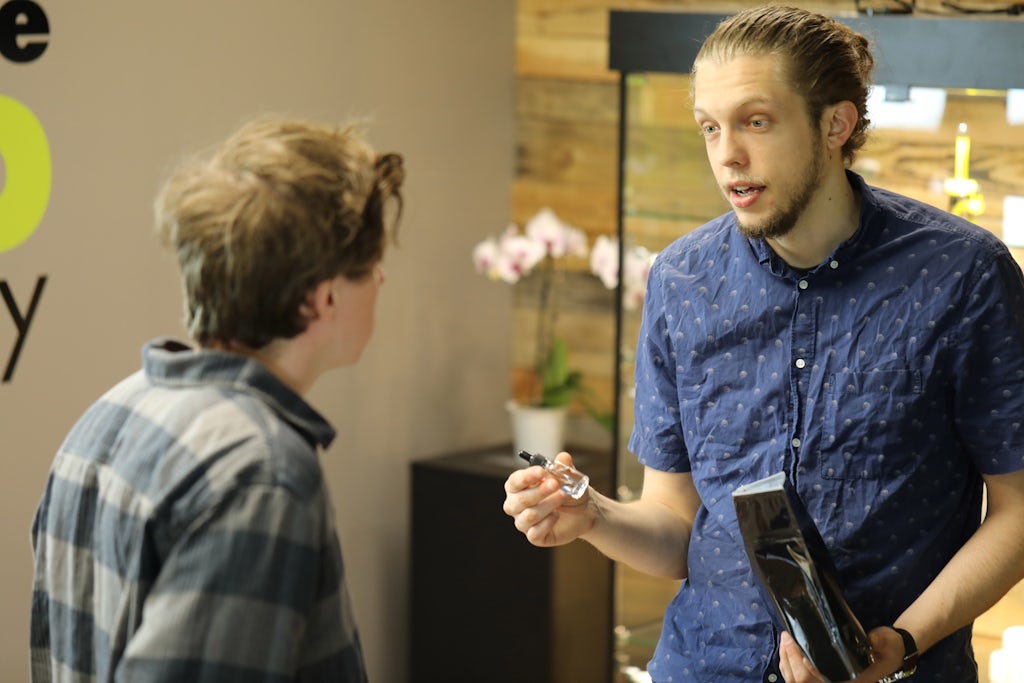
Gordon and the rest of the expert panel described why it is essential that the medical and recreational cannabis industries be seen as two very different branches with very different needs and customer intent.
“We’re doing ourselves a disservice when we treat cannabis like it’s candy instead of serious medicine,” Gordon said.
As Gordon put it, for medical cannabis consumers, “if you’re talking about sick people they don’t need to go shopping for their medicine, they need to be told what to take, and then go get it.”
When asked if dispensaries could benefit from having trained healthcare professionals on site, Wolfson said “I think that would be helpful because I felt so many times as a budtender that I was giving out medical information and I’m not necessarily qualified to be doing that.”
An ‘unfair’ responsibility
She also advocated for a system in which “medical professionals could team up with dispensaries and help strengthen the education on the budtender side and also the confidence of the consumer.”
As Gordon put it, “I would hate to have the responsibility as a budtender to have people standing in front of me without the tools necessary that would be a horrible responsibility, its way unfair.”
The benefits and pitfalls of online sales
The panelists also discussed online cannabis sales, and what role they could play in consumer education. More states have allowed delivery during the COVID-19 pandemic, making online sales a reality for large numbers of cannabis patients and consumers across the country.
For Gordon, delivery is the ideal model for medical cannabis users who can get on a set, standardized dosing regimen, and set up delivery service at regular intervals without ever needing to step in a dispensary or shop around online.
Wolfson said she thinks a sort of “ebudtender” who could answer customer questions online could be a great option — and would hopefully cut down on the amount of questions cannabis delivery drivers are bombarded with on the doorsteps of customers.
Barker said that the telemedicine and online ordering model could make cannabis more accessible for people who may be more hesitant to try due to lingering stigmas.
“It might open more doors for people to want to try it medically or recreationally. In Florida we had people come in who would take off their work shirts and ask not to be in any video or pictures and it’s still pretty stigmatized in a lot of areas, so I think having teleconferencing where they still have those options definitely opens the door for a lot of people.”
According to Joe Ori, “it’s great for sales, but not for what I think we’re trying to do,” when it comes to education.
“I think the future of it creates a precarious path if we stay on this and people stop going into dispensaries like everyone thinks is going to happen,” Ori said.
Is cannabis really ready for federal legalization?
As often happens when industry experts get to talking about cannabis, the subject of federal legalization came up — but the opinions weren’t what you might expect.
Gordon didn’t mince words, calling federal legalization “one of the worst possible things that could happen to the cannabis industry right now,” mainly because it would lead to the industry being controlled by one or two massive multi-state operators or pharmaceutical giants.
Ori echoed those concerns, saying that for cultivators like himself, it could spell ruin as Wall Street jumps in on cannabis.
“My company and [Canadian cannabis producer] Aurora are on the same level — we have to go raise money, find land, and if they do the applications blindly we’re all on the same level playing field. Once banking is allowed, Wall Street jumps in and the multi-state operators who have a lot of land and market share will get all the loan money,” he said.
Full federal legalization may still be a long way off, but in the meantime, how can cannabis professionals working directly with consumers help them find the products they need?
When it comes to recreational cannabis, Wolfson said one question can make all the difference, and it’s a question best meant for an informed cannabis professional committed to helping better inform their customers.
“When I was a budtender, it was always a helpful question to ask the consumer, ‘how do you want to feel?’” and then guide them in making a purchase based on those goals.
Sign up for bi-weekly updates, packed full of cannabis education, recipes, and tips. Your inbox will love it.

 Shop
Shop Support
Support